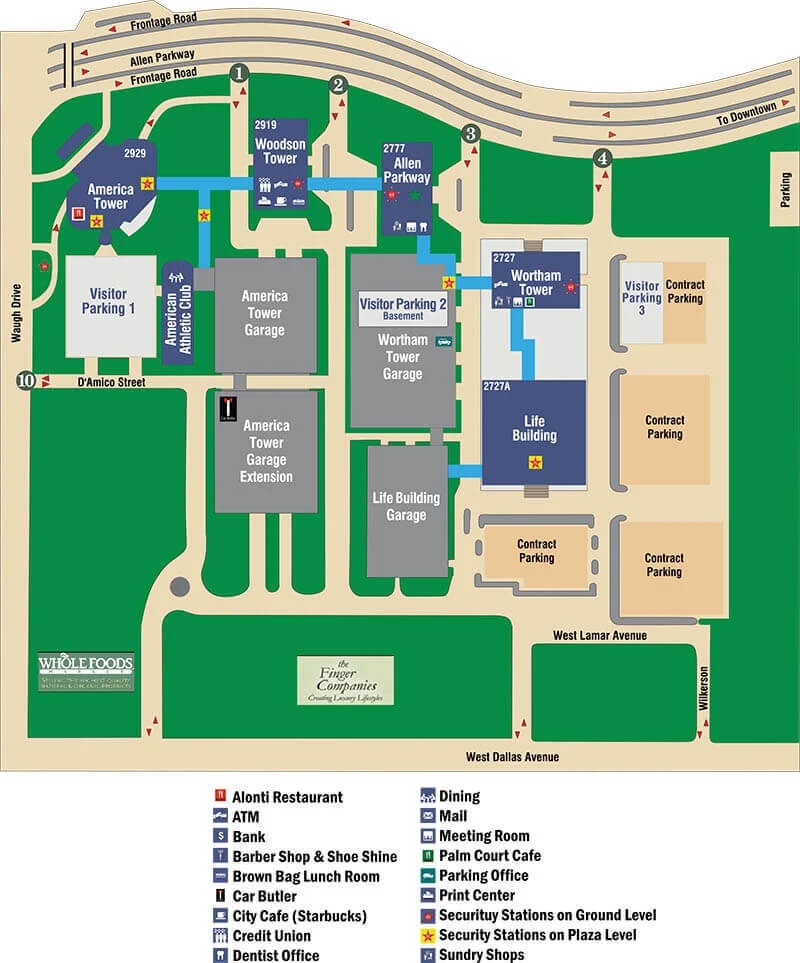Can creditors stop you from discharging their debt in bankruptcy?
If your finances have reached the point where filing for bankruptcy seems like a good solution, then you likely have more obligations to pay each month than you have the income to cover them. This kind of financial situation can lead to aggressive collection activity, creditor lawsuits, repossession efforts and even foreclosure on your home.
Bankruptcy protects you from collection activity and, if successful, allows you to discharge many of your unsecured debts. Still, not every debt is eligible for discharge. Even those that could theoretically be part of your bankruptcy might wind up excluded if a creditor takes you to court and asks for their account not to be part of your bankruptcy discharge.
Companies can initiate adversary proceedings that alter the outcome of your bankruptcy case
In most individual bankruptcy filings, the person who needs a discharge will provide a list of their unsecured debts, comply with all the requirements for their filing and receive a discharge of their credit cards, medical debt and other accounts in collections.
However, creditors can sometimes ask the courts to exclude their account or debt from your bankruptcy filing. In an adversary proceeding, the person filing for bankruptcy or a business or individual affected by it can ask the courts to deviate from standard practices.
A creditor could ask the courts to set aside the automatic stay to continue collection activities. Your creditor can also request that their accounts not be part of the bankruptcy and therefore still collectible even after its discharge.
Like litigation by a creditor, handling complex bankruptcy issues will often require a careful review of your financial circumstances. An attorney may also want to review any contract that you have with the creditor disputing your bankruptcy rights before advising you of how you might want to proceed in your case.


